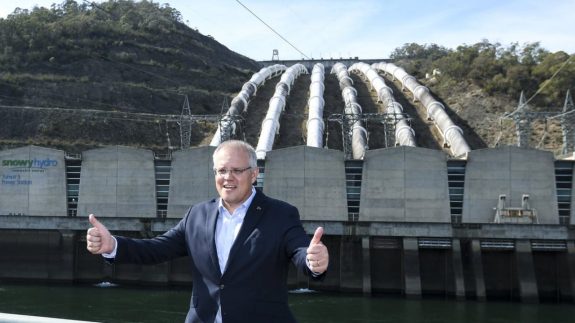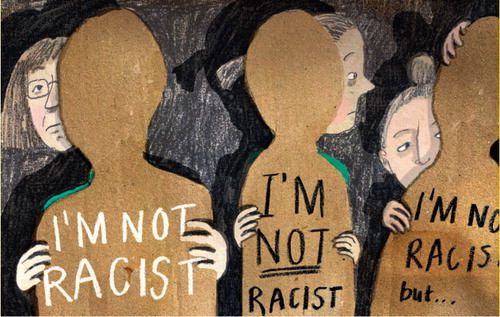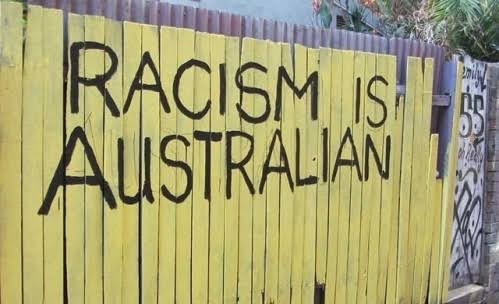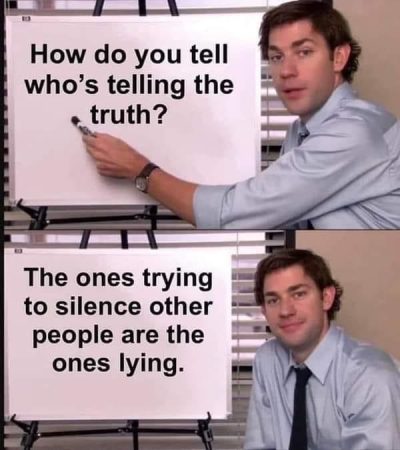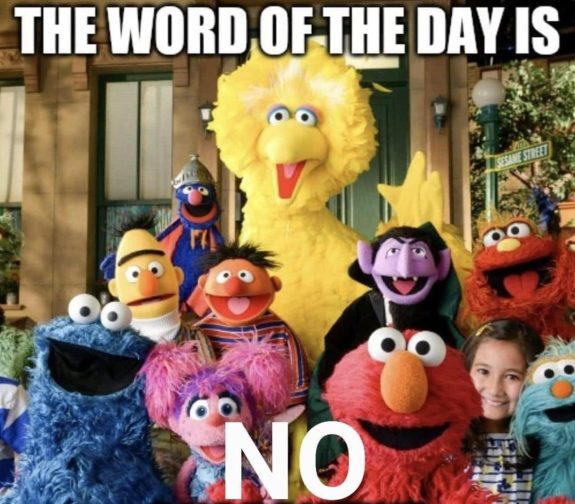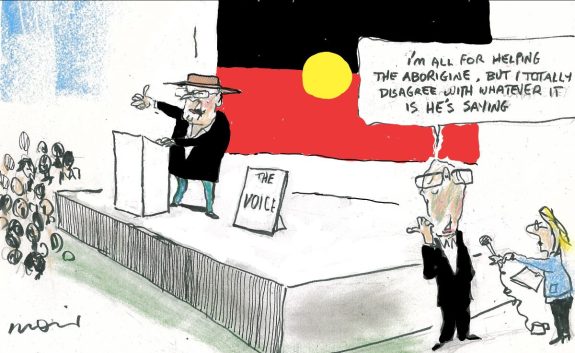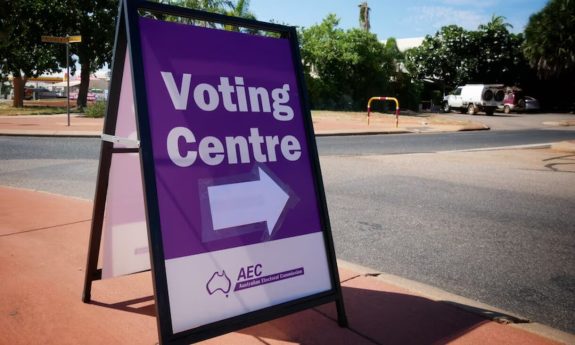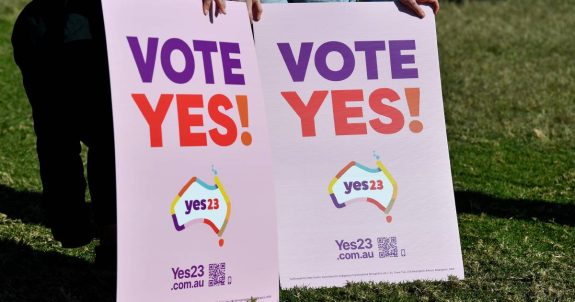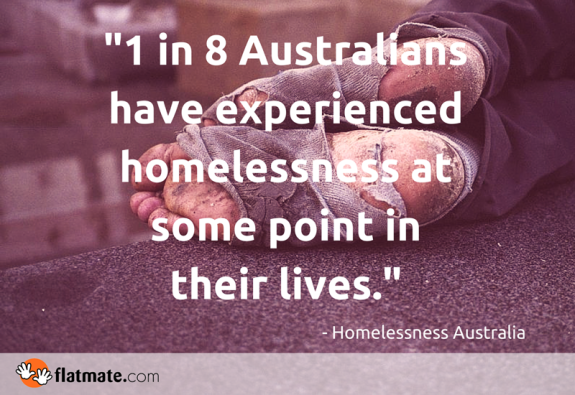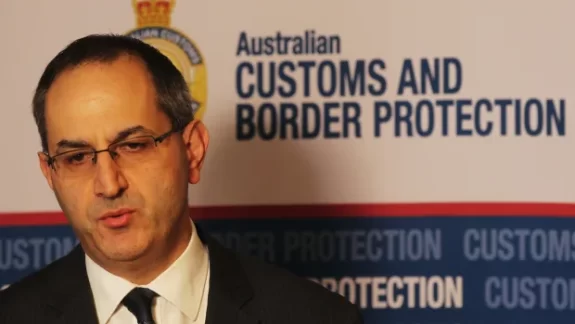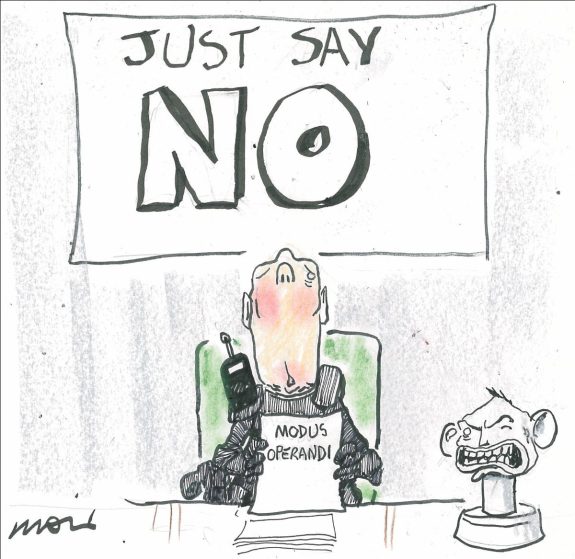“Envisioning a United Australia: Your Role in Shaping a Compassionate Future”
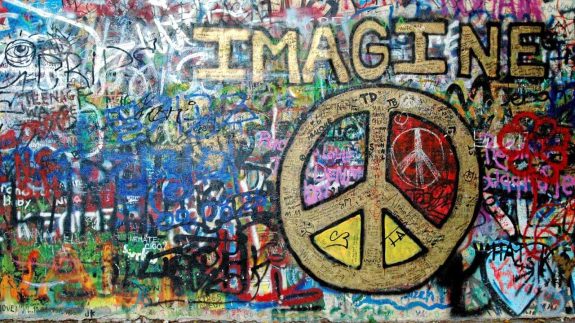
By Denis Hay
Imagine a better Australia, a nation where every decision and policy is infused with kindness, love, compassion, and respect. Science has long proven our interconnectedness, reminding us that our actions today shape the world we leave for our children and grandchildren. What legacy do you wish to pass on?
In a world often marred by division and environmental challenges, the power of collective action and positive change cannot be overstated. Every choice we make, and every stance we take, influences the fabric of our society and the health of our planet. It’s a ripple effect that extends far beyond our immediate surroundings.
The call to action is clear: engage passionately with politics. Understanding how our election system functions, how laws are made, and the workings of parliament is not just a civic duty but a powerful tool for change. Knowledge empowers us to advocate for policies that uphold human dignity, protect our environment, and promote global peace.
We live in an era of unprecedented connectivity, offering us unique opportunities to collaborate and address the flaws in our political system. Your choices, your voice, and your vote matter. They have the potential to influence lives around you and shape the future of our nation.
Ask yourself, what can you do to foster positive change in our political landscape? How can you contribute to a vision of Australia that prioritizes unity, respect, and social justice?

A stick person pointing at light bulbs. Discovering a bright idea.
Remember, refusing to hold our political leaders accountable is an abdication of responsibility. We must demand that they act in our best interests and in the name of what is just and right. It’s time to reimagine Australia from a connected perspective and build a legacy of compassion and unity for generations to come.
What steps will you take to be a responsible voter and advocate for a better Australia? Share your thoughts and actions with us.
Call to Action: Join a movement for a united and just Australia. Educate yourself, vote responsibly, and hold your leaders accountable. Your voice matters in shaping a compassionate future.
#UnitedAustralia #PoliticalChange #SocialJustice #FutureGenerations
References:
Why We Are Wired to Connect, Scientific American.
Why Compassion Matters, Guild Services.
What is Social Justice?, National Pro Bono Resource Centre.
Social Justice Stocktake, Salvation Army.
Activism and Social Change, Jude Irwin, Emeritus Professor of Social Work and Social Justice, University of Sydney, NSW, Australia.
Accountability in crisis, University of New South Wales.
Accountable governance requires effective FOI, Law Council of Australia.
Denis Hay: At 82 years young, I stand as a testament to the enduring power of dedication and belief in social justice. My journey has been shaped by a deep conviction that every individual deserves to be treated with dignity and respect and that equal opportunities for thriving should be a universal right.
My beliefs are not just ideals; they are the driving force behind my active engagement in advocating for change. I am deeply concerned about the pressing issue of climate change, recognizing its urgency and the need for immediate, collective action. This is not just a matter of policy for me, but a moral imperative to safeguard our planet for the generations to come.
As an administrator of several Facebook pages, I use my platform to challenge the prevailing neoliberal ideology, which I see as a destructive force against our society and environment. My goal is to foster a political system that truly serves the people, ensuring access to essential needs like decent housing, secure and well-paid jobs, education, and healthcare for all.
In this chapter of my life, my mission is clear: to leave behind a world that is better and more just for my grandchildren and future generations. It is a commitment that guides my every action, a legacy of compassion and advocacy that I hope will inspire others to join the cause.
Like what we do at The AIMN?
You’ll like it even more knowing that your donation will help us to keep up the good fight.
Chuck in a few bucks and see just how far it goes!
Your contribution to help with the running costs of this site will be gratefully accepted.
You can donate through PayPal or credit card via the button below, or donate via bank transfer: BSB: 062500; A/c no: 10495969










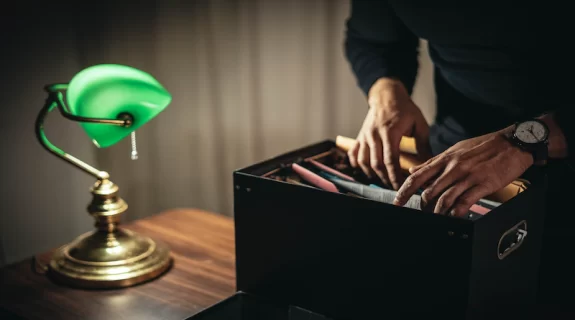
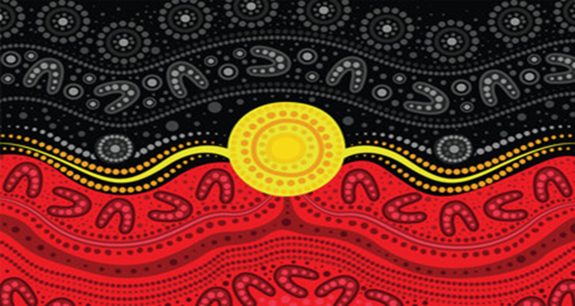
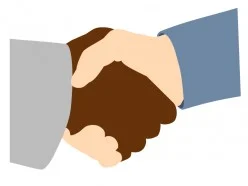 Qld will be the only state and territory that doesn’t go ahead with a treaty in all of Australia doing the pro-Apartheid legacy of police state Joh Bjelke Petersen proud. If Labor wants to stay in power in 2024 and beyond until 2028 the Qld Greens must make it an election issue to ensure Qld Labor should go ahead with it as a sticking point. The Qld Greens must make it non–negotiable if Labor enters hung parliament and minority government. The Greens have the chance to win another 5 state seats in McConnel, Cooper, Greenslopes, Miller, and Bulimba. If the Greens could hold additional seats to the 2, they already hold if the swing towards the LNP isn’t enough anything is possible. But if the LNP win power regardless in a firm majority then Labor should find its backbone and campaign on Treaty regardless. The same should be the same in all other state or territory or else it runs the risk of Australia to be the pariah of the western world when it comes to its First Nations peoples. But then again Anthony Albanese as Prime Minister could also action legislation to enact a federal Treaty too. Just as Bob Hawke proposed in 1988, it wouldn’t just be a song or vision it could be a reality.
Qld will be the only state and territory that doesn’t go ahead with a treaty in all of Australia doing the pro-Apartheid legacy of police state Joh Bjelke Petersen proud. If Labor wants to stay in power in 2024 and beyond until 2028 the Qld Greens must make it an election issue to ensure Qld Labor should go ahead with it as a sticking point. The Qld Greens must make it non–negotiable if Labor enters hung parliament and minority government. The Greens have the chance to win another 5 state seats in McConnel, Cooper, Greenslopes, Miller, and Bulimba. If the Greens could hold additional seats to the 2, they already hold if the swing towards the LNP isn’t enough anything is possible. But if the LNP win power regardless in a firm majority then Labor should find its backbone and campaign on Treaty regardless. The same should be the same in all other state or territory or else it runs the risk of Australia to be the pariah of the western world when it comes to its First Nations peoples. But then again Anthony Albanese as Prime Minister could also action legislation to enact a federal Treaty too. Just as Bob Hawke proposed in 1988, it wouldn’t just be a song or vision it could be a reality.
